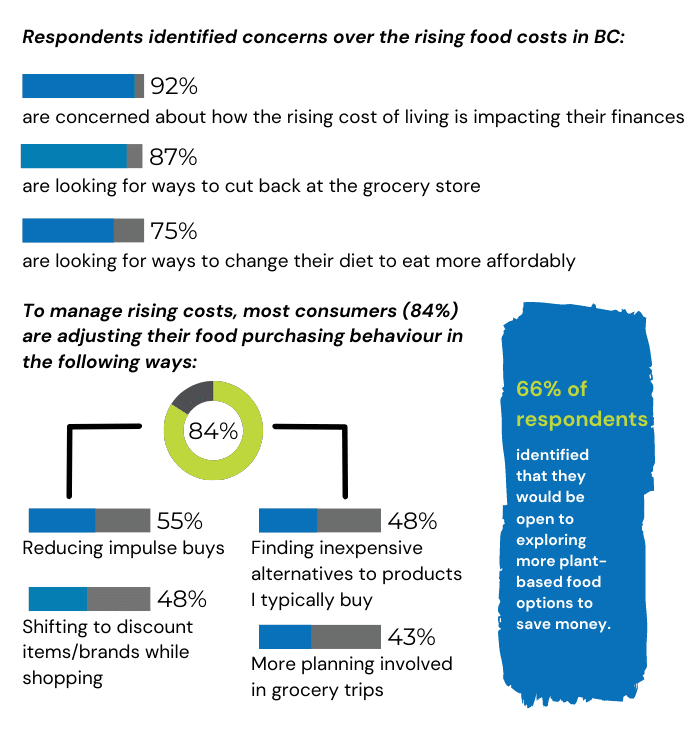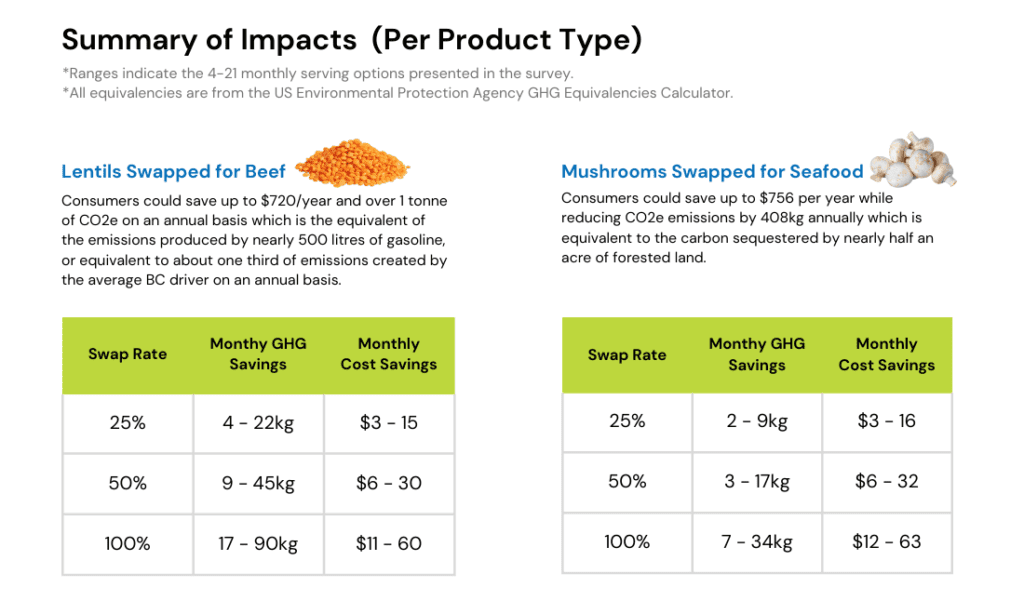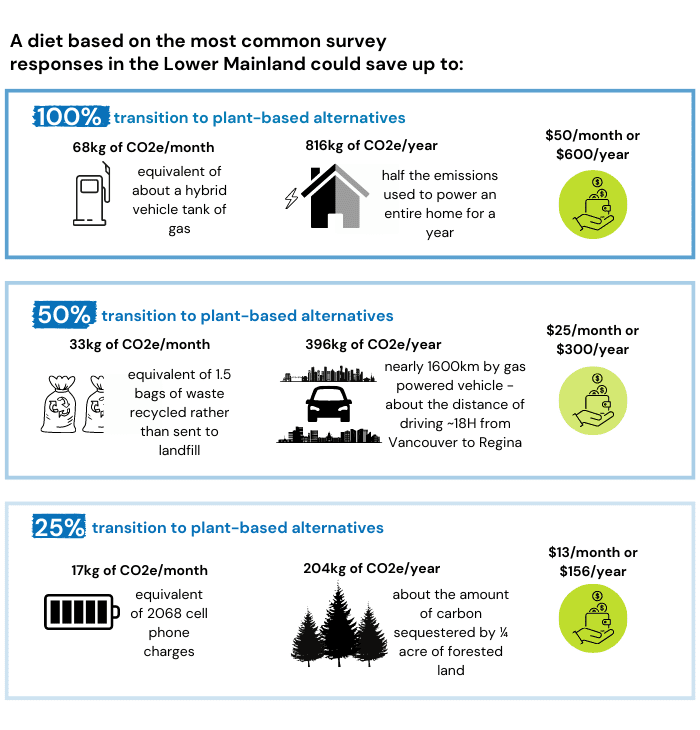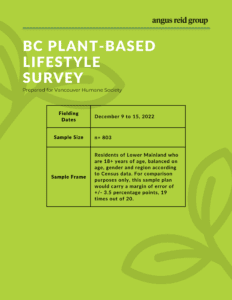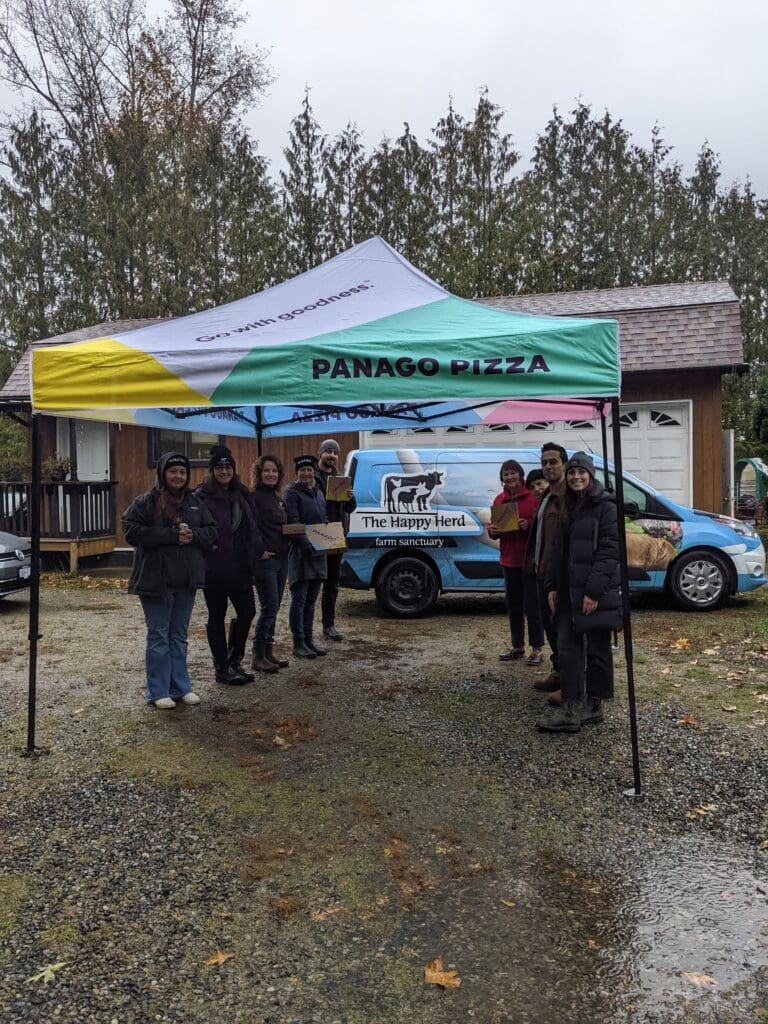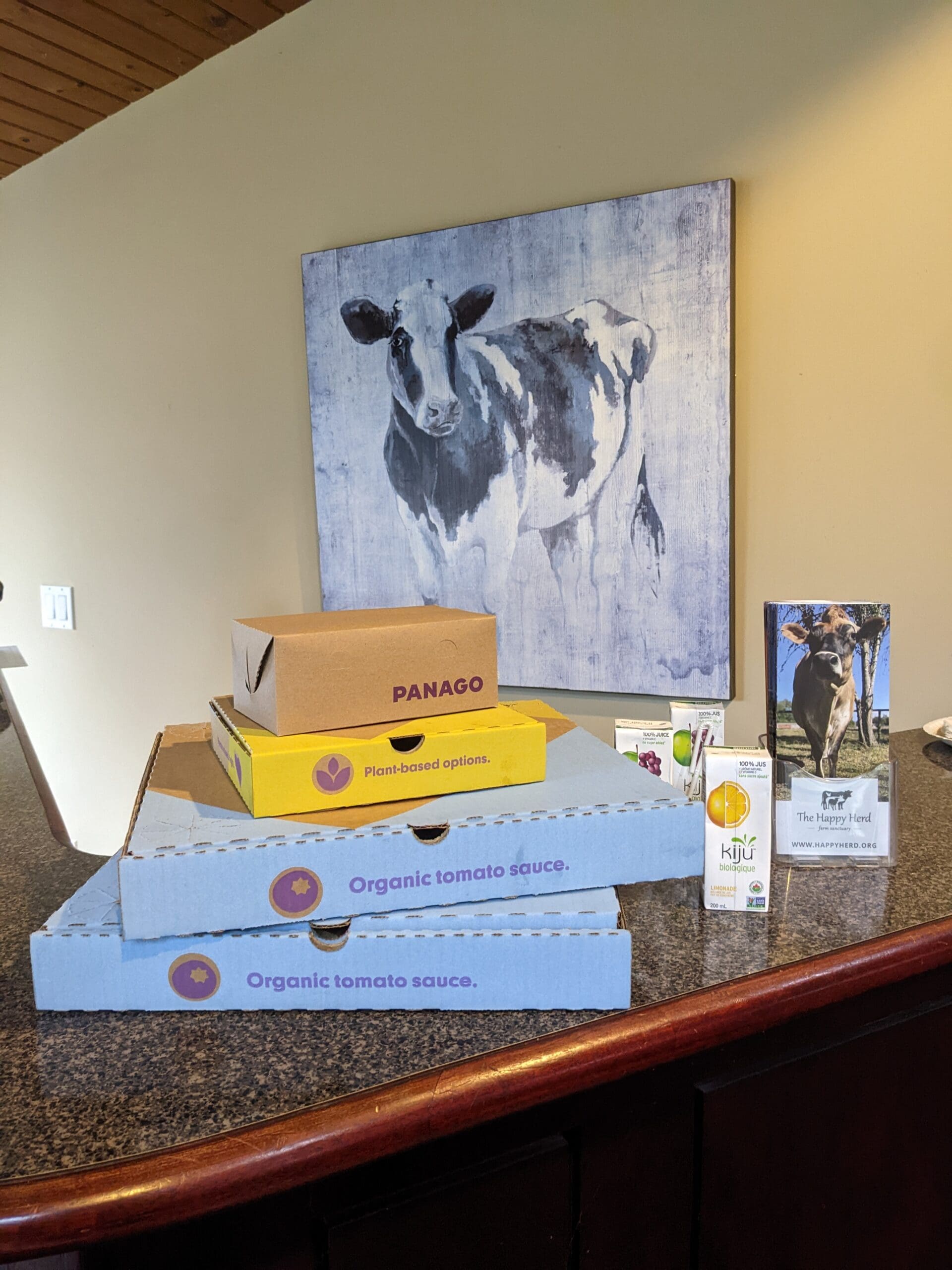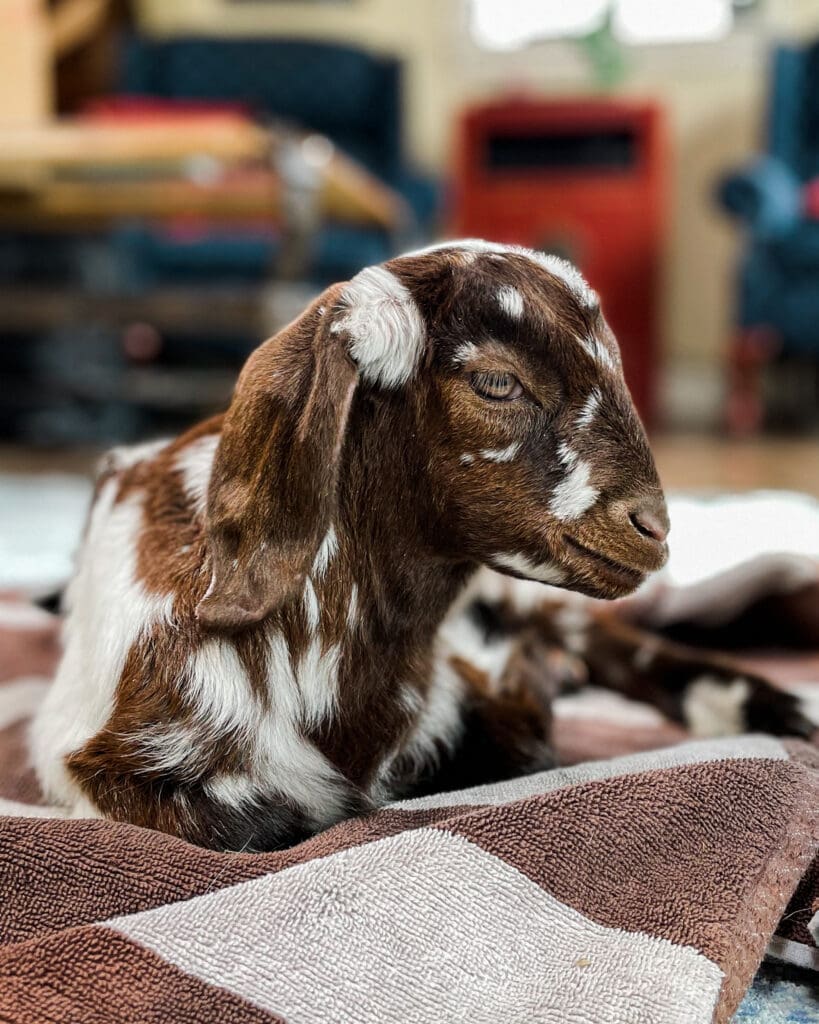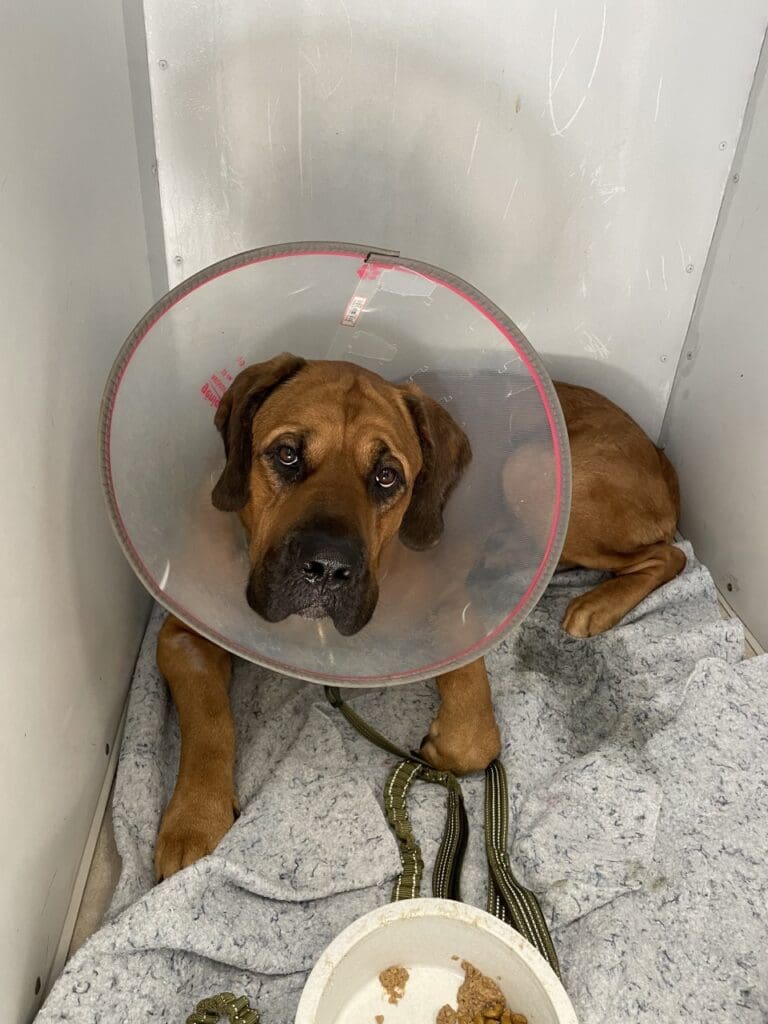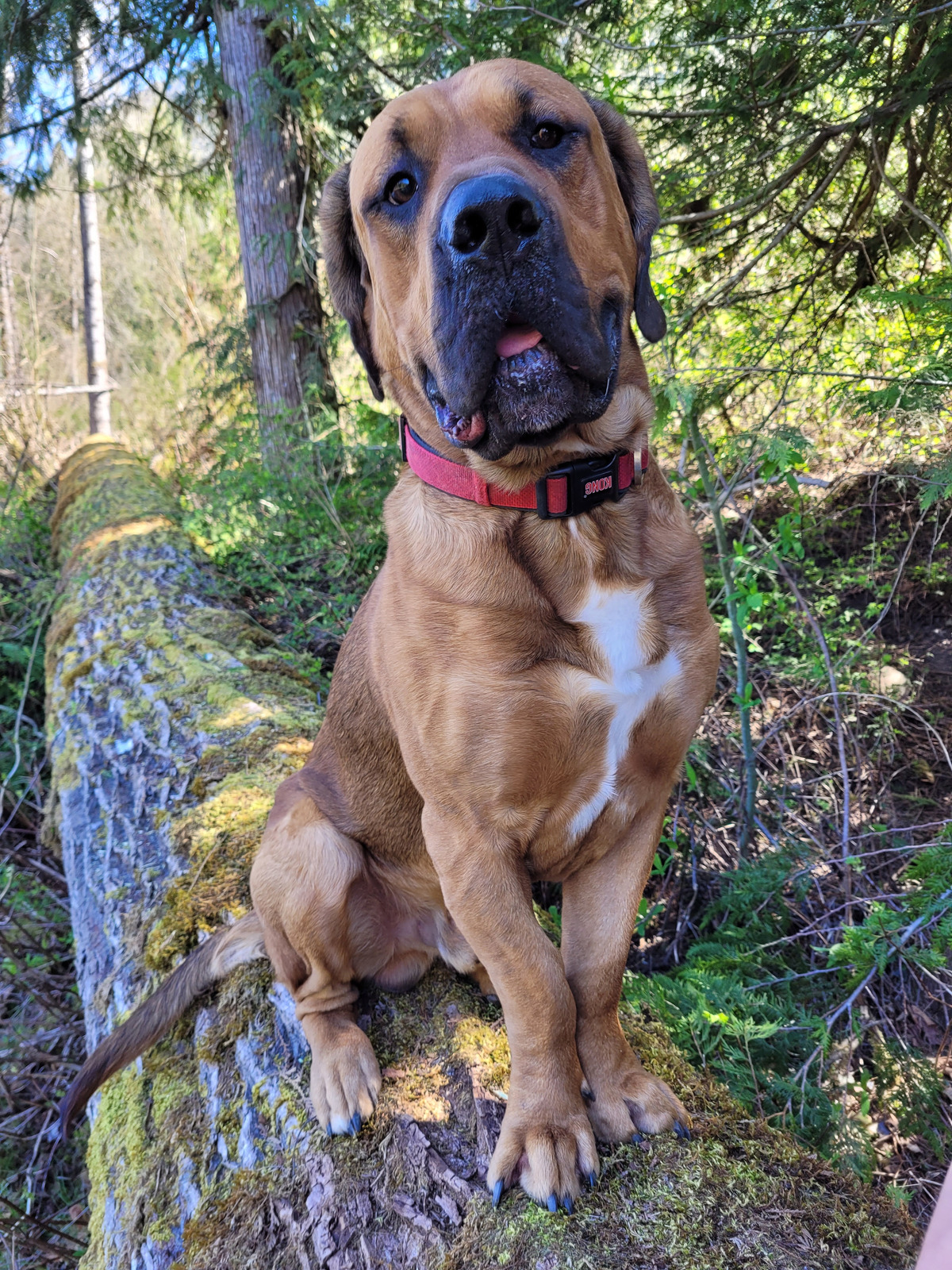VANCOUVER, September 1, 2023 – The Vancouver Humane Society (VHS) is again raising concerns about the Valley West Stampede rodeo, which returns to Langley Township this long weekend despite opposition.
Polling shows 65% of B.C. residents are opposed to the use of animals in rodeo. Overall, 67% of Canadians are opposed to the practice, up six percentage points since a similar poll conducted in April 2022.
Footage from last year’s inaugural rodeo showed frightened and stressed animals being deliberately agitated into fleeing and bucking. In the videos, a bull has his tail pulled and is struck near the face prior to a bucking event; a sheep is pushed over onto their back; and horses thrash in chutes, appearing panicked.
“This event relies on causing animals to feel fear and stress to make them ‘perform’,” said VHS Campaign Director Emily Pickett. “Inhumane rodeo events have no place in a community that values compassion and kindness.”
Despite most British Columbians opposing rodeo, the VHS pointed out that $33,700 in provincial taxpayer dollars were given to the Valley West Stampede – a portion of almost $800,000 in funding allocated to events with rodeos across B.C. Earlier this year, the VHS and nearly 2,500 concerned residents called on B.C.’s Minister of Tourism to not provide funding to events that include rodeos, but those requests were ignored.
The VHS continues to call for an end to inhumane rodeo events, including roping, wrestling, bucking and mutton busting, and urges organizers and decision-makers to prioritize alternative events that can bring communities together without putting animals at unnecessary risk of injury and death.
Concerned Langley Township residents can call on the Mayor and Council to follow the lead of other municipalities that have passed bylaws prohibiting inhumane rodeo events, including City of Vancouver, the District of North Vancouver, and most recently, Port Moody, on the VHS website.
– ends –
SOURCE Vancouver Humane Society
For more information, contact Emily Pickett: 604-416-2903, emily@vancouverhumanesociety.bc.ca

